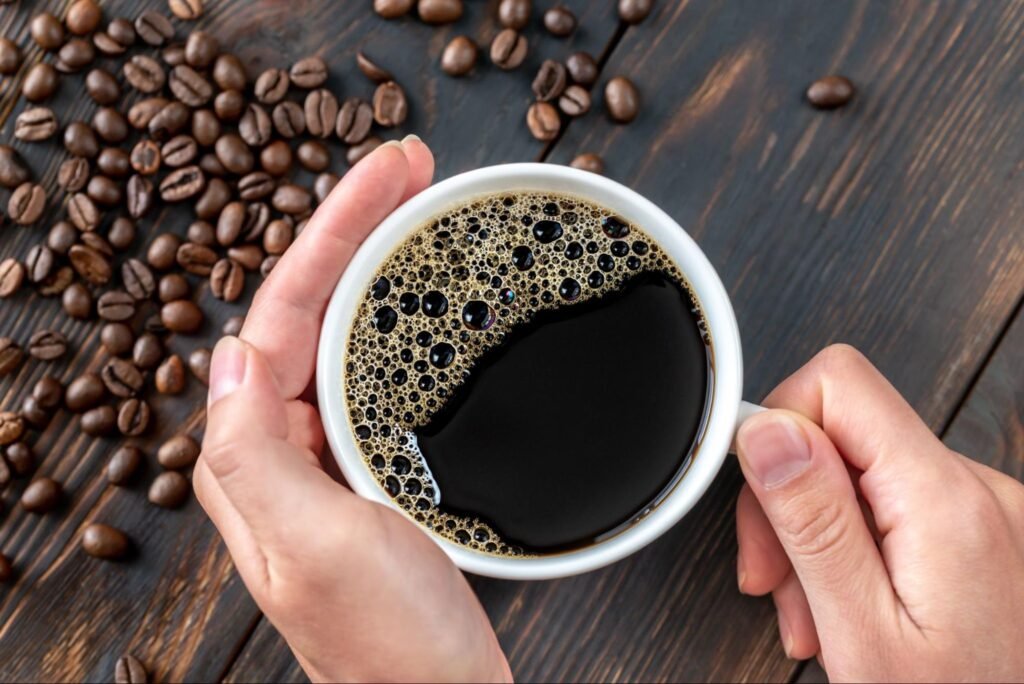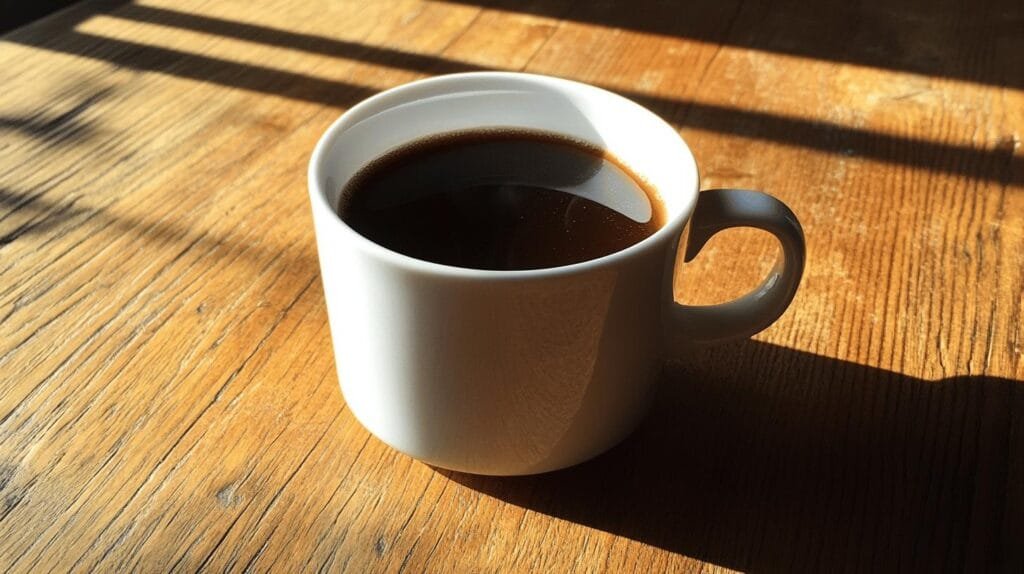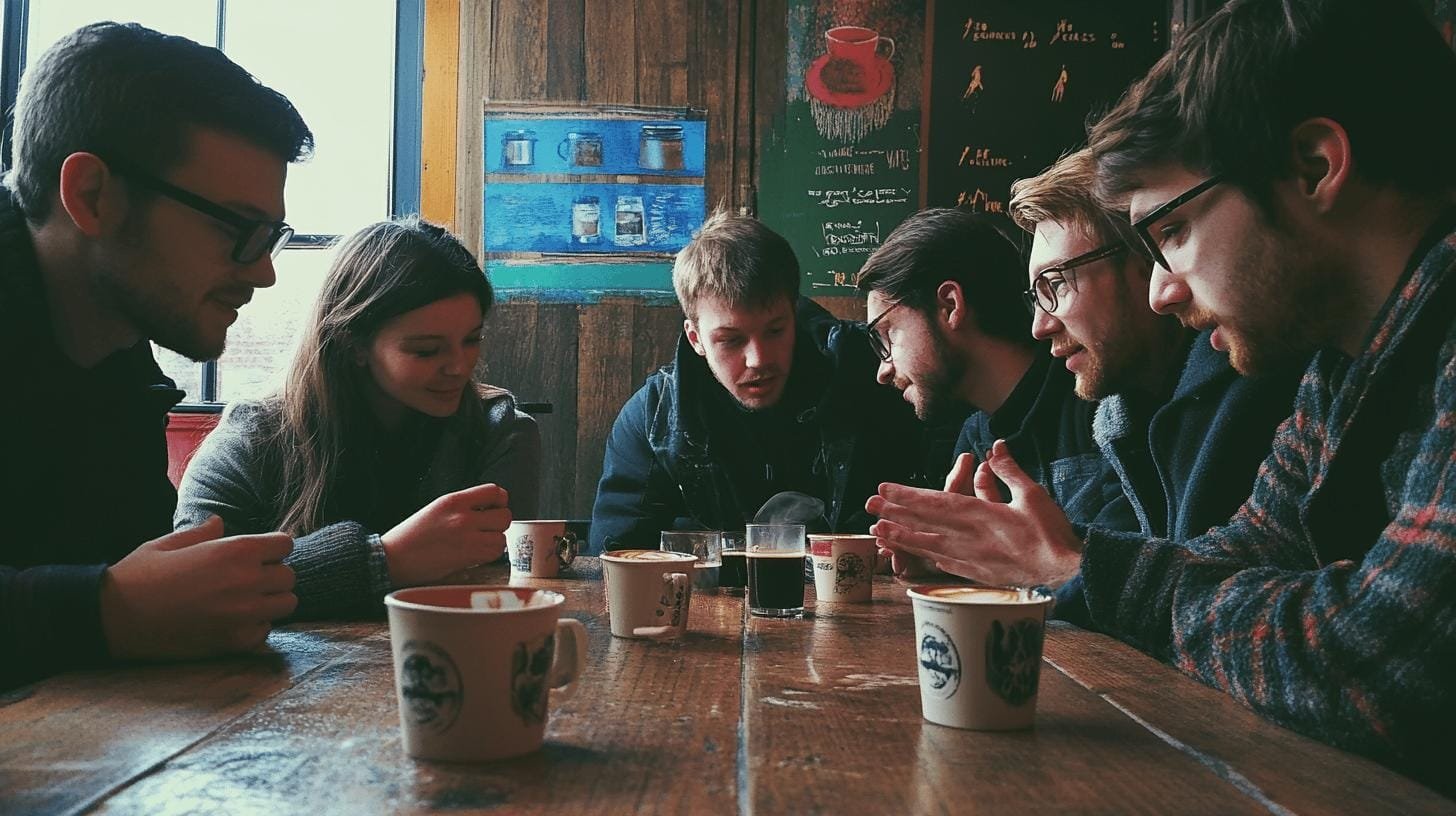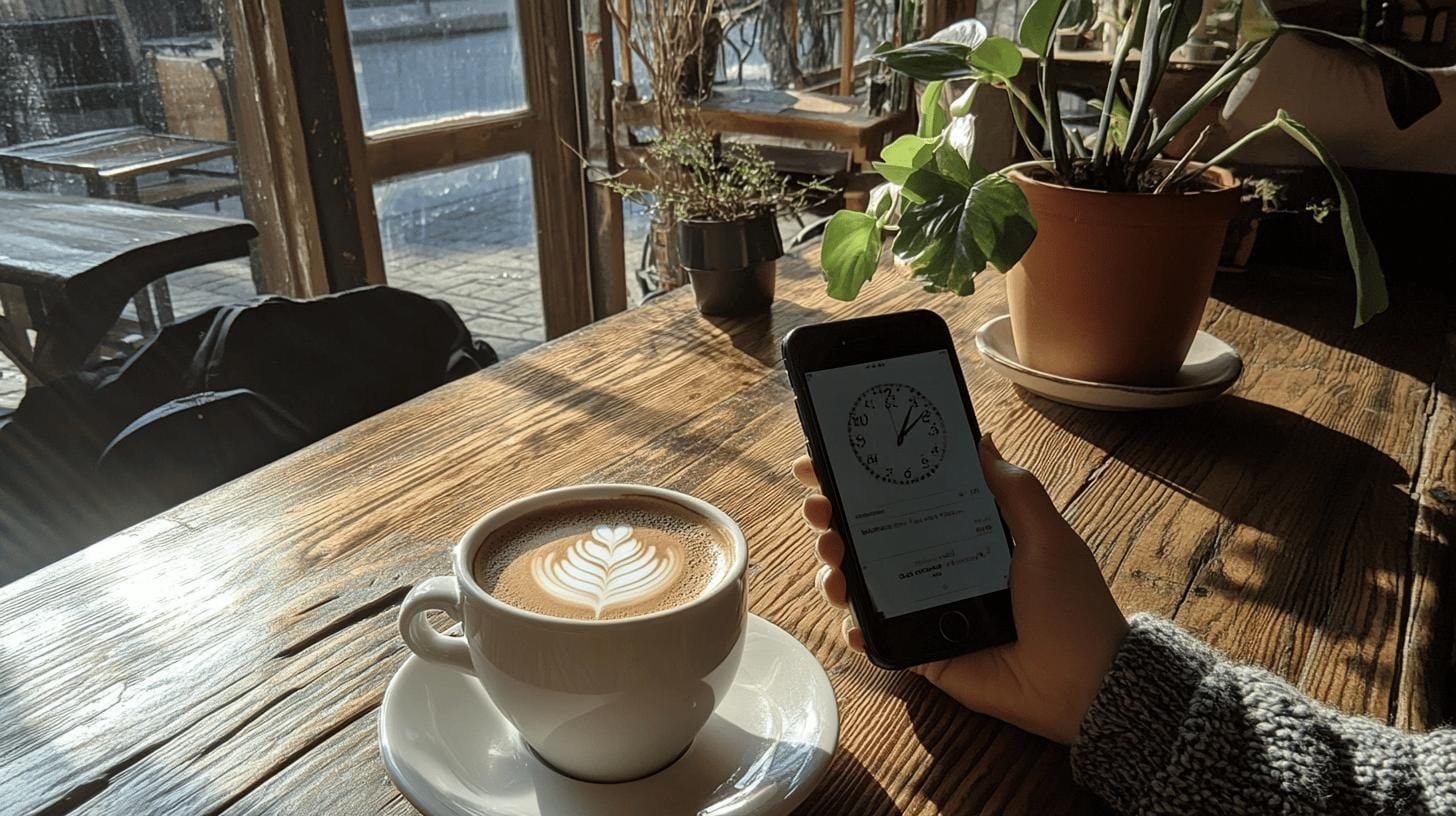
Emerging Approaches Redefining Craft-Focused Customer Experiences
Craft-focused small businesses have always relied on care, precision, and sourcing to stand out. What’s changing now is how those values are shown, not just

How swiftly does that cup of black coffee catapult you into a state of alertness? Coffee aficionados often ponder how long black coffee takes to kick in, especially when every minute counts at the start of a busy morning. The answer varies but can be surprisingly fast, with caffeine, the active compound, typically beginning to work its magic within 15 to 45 minutes after consumption. Some may even feel its invigorating effects in as little as five minutes, thanks to rapid absorption through the body’s membranes. Understanding this timeline can help you make the most of coffee’s energizing punch.
Black coffee’s caffeine is absorbed quickly because it’s a liquid. This fast absorption means caffeine starts working soon after consumption. Once in the body, it affects the central nervous system, creating stimulating effects.
Individual differences affect how fast coffee works. Your metabolism, genetics, and caffeine tolerance can change how quickly you feel the effects. Some metabolize caffeine faster, feeling effects sooner. Others, with slower metabolism, notice a delay. Understanding these differences can help you optimize coffee consumption for the best results.

Several factors impact how long black coffee takes to kick in. Primarily, individual metabolism, genetic makeup, and sensitivity to caffeine are key. Each one alters caffeine absorption and metabolism, influencing its onset and duration.
Genetics play a big role in caffeine metabolism. Some people break it down fast, feeling effects quicker, while others experience a delay due to slower breakdown. Metabolism also matters; a faster rate leads to quicker effects.
Tolerance and sensitivity to caffeine are crucial too. Regular drinkers often need more caffeine to feel alert. In contrast, sensitive individuals feel effects sooner even with less coffee, experiencing jitters or enhanced alertness quickly.
These factors show why caffeine affects everyone differently. While some feel energized fast, others may have a gradual effect. Understanding these differences helps tailor coffee habits to fit unique body needs.
Black coffee usually works faster than many other caffeinated drinks. This is due to its liquid form and caffeine concentration, allowing for quick absorption. It’s a popular choice for a fast energy boost.
The speed of caffeine’s effect varies across drinks, depending on caffeine concentration, stimulants, and form. While coffee often leads in quickness, preferences and tolerances affect individual experiences with each drink.

Timing is key to maximizing coffee’s effects. The best time for coffee is after natural cortisol peaks, typically mid-morning. Cortisol naturally boosts alertness and is highest upon waking. Drinking coffee when cortisol drops enhances caffeine’s impact. Also, avoid late-day coffee to prevent sleep issues.
Avoid common mistakes like drinking coffee on an empty stomach. This can cause jitters and discomfort; a light snack helps balance energy. Overconsumption leads to higher doses needed for effects, so moderation is key in keeping caffeine effective.
How does caffeine boost alertness? It blocks adenosine receptors in the brain. Adenosine promotes sleep and relaxation by slowing neural activity. By blocking it, caffeine prevents drowsiness, increasing alertness and focus.
Caffeine’s effects last 3 to 7 hours. Factors like metabolic rates and caffeine sensitivity influence feeling alert. Peak concentration is reached in 30 to 60 minutes, offering optimal energy and mental clarity. As it metabolizes, effects fade.
Caffeine improves productivity by enhancing cognitive function and focus, aiding task efficiency. This mental sharpness helps in demanding environments or tasks needing concentration. Thus, it’s often part of productivity strategies.
Managing caffeine’s comedown is vital. It happens 3 to 8 hours post-consumption, with half remaining in the bloodstream after six hours. To avoid energy dips, consume caffeine strategically, skipping large doses late in the day. Stay hydrated and take breaks or do physical activities to handle decreased performance as caffeine levels drop.
Examining how long black coffee takes to kick in reveals a typical onset of 15 to 45 minutes, influenced by factors like metabolism and individual tolerance. The comparison with other drinks highlights coffee’s rapid uptake due to its caffeine concentration. Enhancing coffee’s effectiveness involves strategic consumption, such as timing coffee intake and choosing specific beans. Understanding caffeine’s role uncovers its ability to block adenosine, creating a prolonged alertness effect. Harnessing these insights helps optimize coffee consumption for the best energy and alertness benefits.
Caffeine typically begins to take effect within 15 to 45 minutes after consumption. Some individuals may feel the effects in as little as five minutes, depending on their metabolism and physiology.
The stimulating effects of coffee can last from 3 to 7 hours. Factors such as caffeine tolerance and metabolism can influence how long coffee keeps an individual awake.
Caffeine levels can decrease in the bloodstream gradually, with the comedown happening 3 to 8 hours after ingestion. Approximately half of the caffeine remains six hours post-consumption.
Black coffee can maintain alertness for several hours, usually ranging from 3 to 7 hours. Individual metabolism and tolerance level significantly influence this duration.
The 90-minute coffee rule suggests avoiding coffee right after waking up. This allows the body’s natural wakefulness mechanisms to function before introducing caffeine.

Craft-focused small businesses have always relied on care, precision, and sourcing to stand out. What’s changing now is how those values are shown, not just

How can brands create a more balanced and memorable customer experience by blending artisanal product quality with thoughtful everyday rituals that keep people coming back?

Independent coffee shops have always been about more than caffeine—they’re hubs of creativity, connection, and care. As café culture continues to evolve, new trends are

Introduction Independent cafes win when they feel like the neighborhood’s living room and operate with the discipline of a great kitchen. Below is a quick

Discover how top specialty coffee brands create lasting loyalty through storytelling, sourcing, and community connection. Real tips from 6 industry experts.

Discover the ultimate showdown between two beloved coffee brewing methods: the French press and Chemex. Explore how each technique caters to distinct palates, with the French press delivering bold flavors and the Chemex presenting a bright, clean taste.

Unlock the secrets to brewing the perfect cup of coffee with our comprehensive guide on using a coffee scale. Discover how precise measurements enhance flavor and consistency while eliminating bitterness.

Discover how water temperature plays a vital role in brewing the perfect cup of coffee. This article delves into the ideal temperature range of 195°F to 205°F for optimal flavor extraction, enhancing the enjoyment of high-quality beans.

Discover the world of curated specialty coffee bundles, perfect for enthusiasts seeking quality and craftsmanship. This article explores the benefits of ethically sourced, small-batch beans from brands like Equipoise Coffee, offering diverse flavor profiles that elevate your brewing experience.